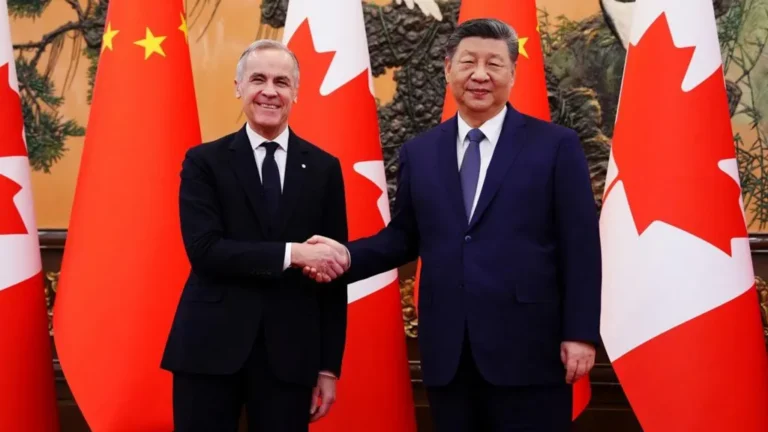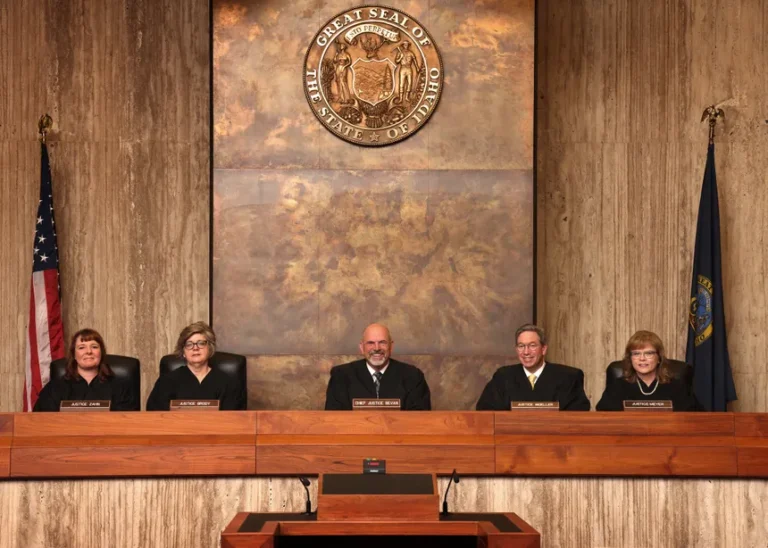
LONDON — In a bold declaration of national resolve, the United Kingdom today unveiled sweeping new defence plans aimed at restoring “war-fighting readiness” in the face of a rapidly escalating global threat environment. Defence Secretary John Healey presented the strategy before Parliament, outlining ambitions that will reshape Britain’s military and industrial future.
At the heart of the announcement is a commitment to increase defence spending to 3% of GDP by 2034, a move that signals the UK’s intent to deter hostile powers and secure its sovereign interests in a new era of strategic rivalry.
“We are entering a new age of threat, and it demands nothing less than a new era of British strength,” Healey said. He called the plan not just a defence strategy but “an engine for economic growth and a guarantee of national survival.”
Key Defence Investments:
- £15 billion for the UK’s sovereign nuclear warhead program, generating over 9,000 high-skill jobs.
- Construction of 12 advanced attack submarines, supporting 20,000 jobs in British shipyards and engineering firms.
- £6 billion to build six new munition factories, producing 7,000 long-range weapons and creating 2,000 jobs in strategic manufacturing.
Prime Minister Keir Starmer described the policy as a “generational commitment to strength,” stating that the UK must now “innovate at a wartime pace” to remain secure in an increasingly volatile world.
While Starmer declined to commit to a specific year by which the 3% GDP threshold would be reached, he made clear that military readiness is no longer a peacetime formality. The priority is agility, resilience, and deterrence — hallmarks of a nation prepared for the challenges ahead.
Political analysts say this marks the most significant reorientation of UK defence policy since the Cold War, and positions Britain once again as a serious global force in the face of aggression from Russia, China, and rogue actors.
Healey concluded with a warning: “The world is becoming more dangerous — and Britain must become more prepared.”






